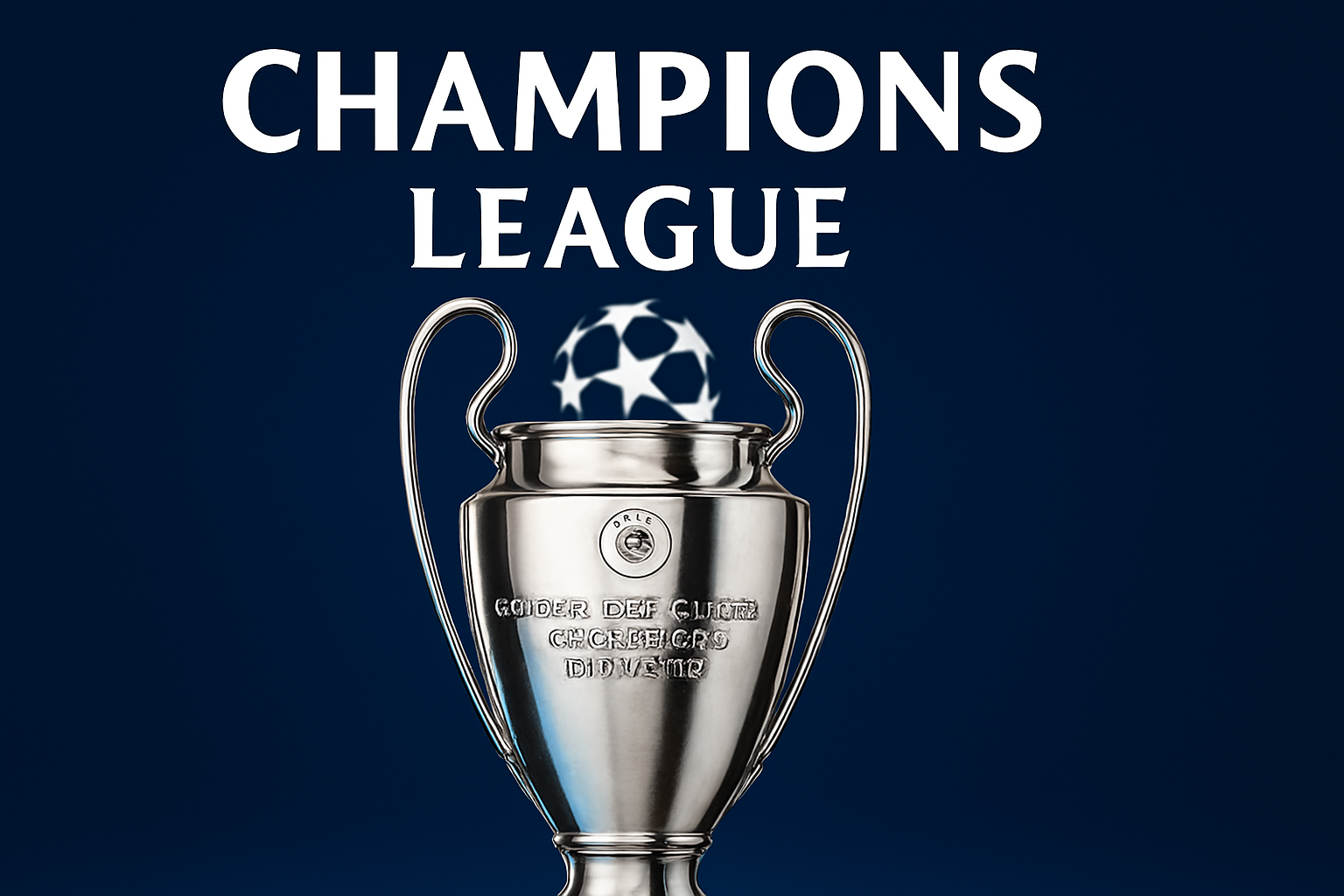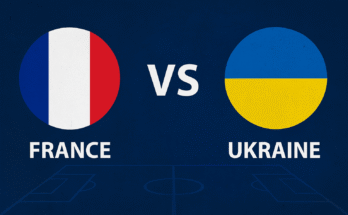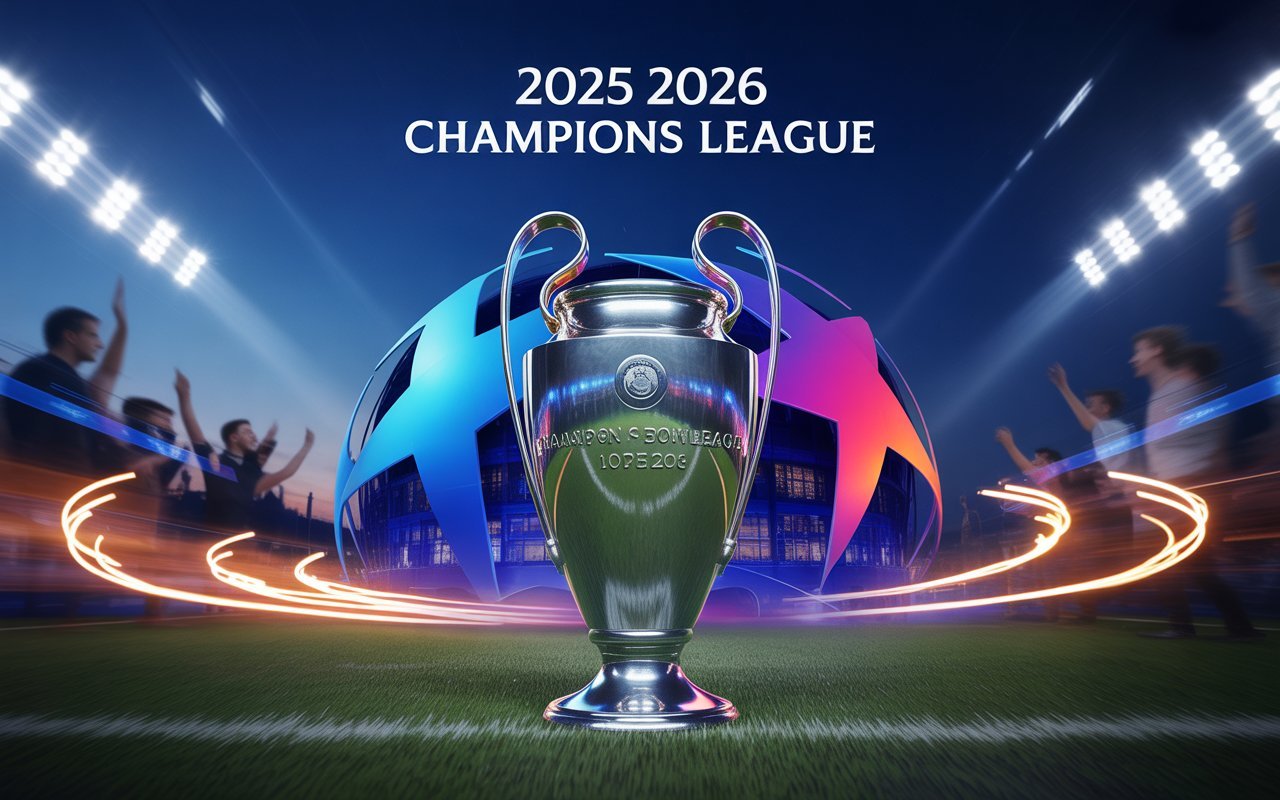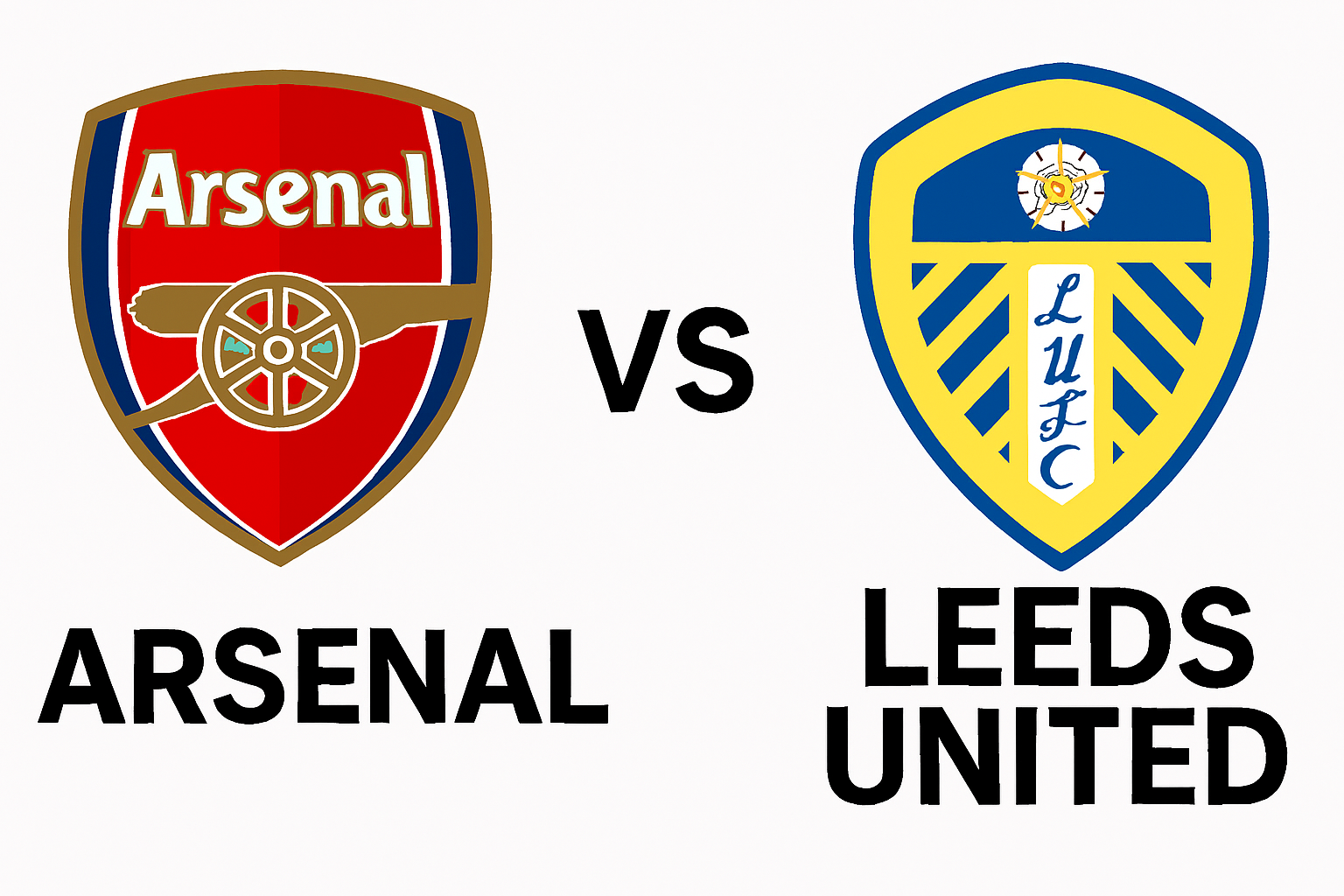The Champions League is much more than a football tournament; it is a ritual that brings millions together on midweek nights amid the floodlights. For a fan such as myself, the goosebumps hearing that winning anthem is unforgettable. Since its modern evolution in 1992, It has become football’s most illustrious club tournament, a moment in which legends are made, and memories last a lifetime.

Champions League: How It All Began
The Champions League dates to 1955, when it was launched as the European Cup. At that time, only the league winners from European nations participated, which was a pure battle of champions. In 1992, UEFA changed it to the Champions League and changed the format to allow multiple clubs from the top leagues to participate and introduced a group stage to create more matches and drama.This created an event that became the biggest tournament in the world, attracting hundreds of millions of fans, each season.
Champions League: The Modern Format Explained
Now in today’s Champions League, there are 32 teams at the group stage level, divided into eight groups of four. Each team plays six matches, three at home, three on the road. The top two teams from each group advance to the knockout rounds where they will play the round of 16, the quarter finals, semifinals, and the famous finals.
Also, as a side note, while the away goals rule was once prevalent in competitive soccer, it was recently discarded so, meaning ties could be even more exciting in the knockout phase of the competition. The knockout phase is when stars are born, and every single goal can be historic!
Champions League: Unforgettable Finals That Shaped History
Over the years the Champions League has presented finals which are part of a folklore that transcends football. Who can forget Manchester United coming back to win against Bayern Munich in 1999 by scoring 2 goals in the last minute of the game? Liverpool coming back from 3-0 down to win against AC Milan in 2005? Even some more recent finals, like Real Madrid edging out Liverpool in 2022, can help express why the this League is still so special to this day. These matches are more than matches; they are events that are enjoyed and celebrated by generations.
Champions League: Clubs That Made Their Mark
There are very few clubs that have earned their place in the Champions League Hall of fame. With 15 titles, Real Madrid set a nearly mythical standard. AC Milan, Bayern Munich, Liverpool and Barcelona also hold sacred status as each have storied history and runs impossible to forget.
These clubs are beyond elite; they have legacies created by unforgettable nights and players.
Champions League: Players Who Became Legends
The League of Champions has always been a stage for marvelous individual performances. Cristiano Ronaldo has had many marvelous moments, and he has scored more goals than anyone else. Lionel Messi has further mesmerized us with his majestic dribbles and goals, which certainly have their own chapters.
There are other superstars, Zinedine Zidane is still shown in 2002 yon the final and Didier Drogba who led Chelsea to their first championship in 2012, It is a stage where careers are immortalized.
Champions League: The Power of the Anthem
There are few things that celebrate the glories of the Champions League more than its anthem. Written by Tony Britten, the orchestral composition that plays before every game transform packed stand into something akin to a cathedral for football. More than just sound, it’s an indicator that over the next 90 minutes history could be made.
Champions League: Drama Beyond the Final
The final may grab headlines; it’s group stages and knockout rounds produce their own kind of magic. The tournament is filled with emotion, from shocking upsets Ajax’s great run to the semifinals in 2019 comes to mind to last minute goals that change everything, each round has its own drama and heartbeat.
Those moments captivate me as a fan and keep me coming back to the screen every season.
Champions League: Tactical Evolution on Display
The Champions League is more than just feeling – this is also an aspect of tactics. The coaches from different nations provide different strategies: Pep Guardiola positional play; Jürgen Klopp gegenpressing; and Carlo Ancelotti, who we’ll call a stoic pragmatist.
The mix of philosophies creates endless possibilities during each match up, elevating the global football discussion.
Champions League: How It Transforms Clubs
Deep runs in the Champions League aren’t just about glory, they can change a club’s finances, reputation, and future. The TV revenue, sponsorships, and prize money can add up to meaningful amounts helping smaller clubs be competitive domestically and attract better players.
For some clubs, like Porto (2004 winners) or Monaco (2004 finalist), the tournament can potentially change their life.
Champions League: The Role of Fans
Without its fans, the Champions League is nothing. The fans, with their impressive mosaic displays, synchronized chants, and boisterous celebrations, give life to the experience. Anfield, Santiago Bernabéu, and the Allianz Arena all serve as reminders to why a home field advantage is important.
Even at times when the fans are neutral, the drama can sweep them up–a testament to the global appeal of the tournament.
Champions League: Its Global Influence
The Champions League might be a European competition, but it is a competition that is global in its reach. Fans across Asia, Africa, and North America not only stay up late to watch live games, but kids around the world are longing to score under the bright lights in the shirts of Champions League stars.
The tournament is indeed Europe’s gift to football around the world.
Champions League: Memorable Underdog Stories
The Champions League is so exciting because there are surprises. Who can forget AS Monaco’s run in the 2017 semifinal and RB Leipzig in the 2020 semifinal? These moments remind us how smaller clubs can achieve the impossible against giants. It is the combination of predictability and surprise that makes this tournament special.
Champions League: Women’s Edition Gaining Ground
The Women’s Champions League has seen rapid growth, significant increase in attendances and rising standards. With clubs such as Lyon, Barcelona and Chelsea raising the women’s game to new heights, bringing along new generations of players and showing that the essence of this tournament can extend far beyond men’s football. It has evolved as part of a wider emergence for women’s sport.
Champions League: Cultural Impact Beyond Football
In addition to shaping the pitch, the Champions League shapes fashion, music and digital culture. Starting with the Champions League, memories that arise from moments in a match circulate the world. The iconic shirts worn at the tournament enter the Streetwear lexicon. Its final is one of the most viewed sporting events in the world annually, only rivaled by the Super Bowl. This demonstrates how this League is bigger than sport itself.
Champions League: A Legacy Still Growing
As the League enters a new chapter, the essence of the tournament remains constant: the best teams in the world, historic players, and stories we will remember for many years to come. Whether your team ends up hoisting the trophy, or comes close, being a part of that journey is what makes it worthwhile.
Conclusion: The Timeless Magic of the Champions League
It is the League that represents the game to its very essence: A mixture of skill, emotion and aspirations, competed under the lights. For audiences across the globe, it is not simply a competition: It is an emotional ride that reconnects us to why we fell in love with this beautiful game.
And we will do it all over again in a new season!



